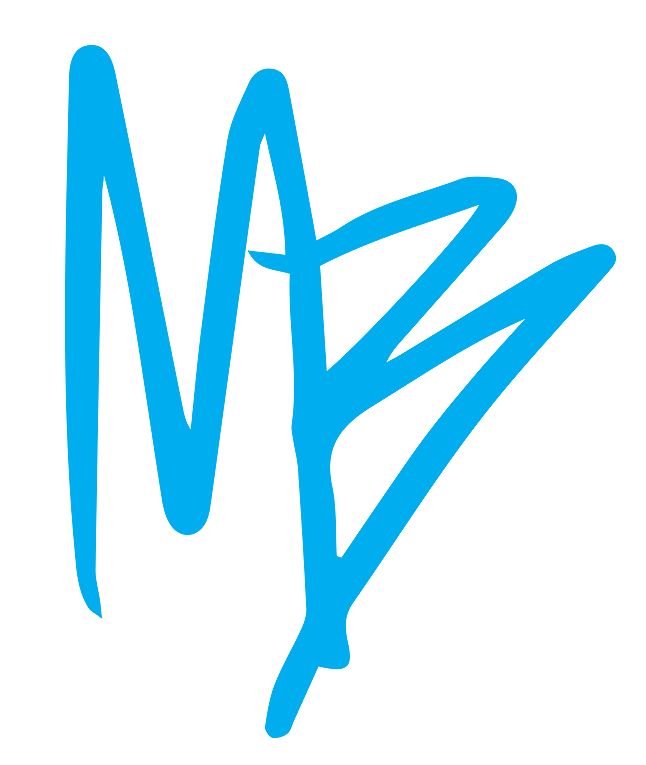I’ve been reflecting on how many of us struggle with our relationship with creativity. We want to create. We’ve enjoyed it in the past and often say we value it as part of our lives. Yet, we struggle to prioritize it.
There are many reasons why this could be, but one stands out to me: Creativity as a form of self-care.
When we engage in creative acts, we give ourselves an outlet to express thoughts and feelings that we may not be able to articulate otherwise. Whether it’s through painting, writing, or any other creative outlet, we like the way it makes us feel—even when the result isn’t perfect. Yet, when creativity is approached as self-care, it often falls into the same trap as other self-care activities: we place it in the “should” category and shame ourselves when we don’t follow through. Our good intentions remain just that, and we never carve out the time.
The Overwhelmed Caretaker
Take, for example, the woman who juggles a career, household responsibilities, and possibly even caregiving. She knows creativity brings her joy—whether it’s journaling or crafting—but it’s always the first thing to go when time gets tight. She might say, “I’ll get to it when everything else is done,” but everything else is never done. Creativity becomes just another to-do on an already overwhelming list, and when it’s framed this way, it feels like more work rather than the act of self-care it truly is.
This isn’t just anecdotal. Research shows that women, in particular, often feel guilt when taking time for themselves, which can lead to burnout and a lack of personal fulfillment. According to the American Psychological Association, 70% of women report feeling overwhelmed by their responsibilities, leaving little time for self-care activities like creative hobbies.
The Hustle Trap
Now let’s think about the entrepreneur or career-driven individual. This person may set aside time for creativity, but only if it serves a business goal. Their art becomes part of their "brand" or business growth strategy. Over time, the joy they once experienced from creativity may diminish as it becomes solely about achieving external results.
This happens a lot in hustle culture. A study from Harvard Business Review explains how turning a passion into work can strip the joy from those activities, leading to burnout and creative exhaustionSources: (Harvard Business School)(Harvard Business School).
While it might seem productive to transform your creativity into a side hustle or a content machine, this often removes the pure joy and curiosity that creative play can bring. When we only create for external validation or monetization, creativity shifts from self-care to yet another obligation, another item on the to-do list.
Managing Your Passion for Longevity
The truth is, creativity in its purest form should be an act of self-care. It’s not about the end result but the process of engaging with your own thoughts, emotions, and imagination. However, if we never prioritize this for ourselves—whether it’s because we’re busy caring for others or because we’re trying to produce results—we miss out on the deep restorative power creativity offers.
Writer Elizabeth Gilbert talks about this in Big Magic, suggesting that creative living isn’t about productivity, but about “choosing curiosity over fear.” It’s about giving yourself permission to create for the sake of creating, rather than for an audience or an outcome. This perspective allows creativity to become a tool for self-exploration and joy, not just something that delivers results.
Putting Creativity Back into Self-Care
If you’re wired for practicality and responsibility, it’s tempting to put everything—and everyone—else first. But if you don’t make time for creativity, you might end up feeling disconnected and burned out. It’s time to reframe how we see creative acts: not as a luxury, but as a necessity for mental and emotional well-being.
What would happen if you gave yourself permission to create without the pressure of a perfect outcome? If you took even 10 minutes a day to write, doodle, or play an instrument—just for you, not for Instagram or a portfolio? Imagine how much lighter, more refreshed, and more connected to yourself you might feel.
Reclaiming creativity as a form of self-care means shifting your perspective on what it’s for. It’s not a task to be completed, and it’s not always about the result. Creativity, at its best, is a way to care for your inner world, to let your imagination play, and to express parts of yourself that might otherwise go unnoticed. It’s time to stop putting your creativity last and start making it part of your self-care practice.
What have your experiences been in regards to creativity as a form of self-care?

